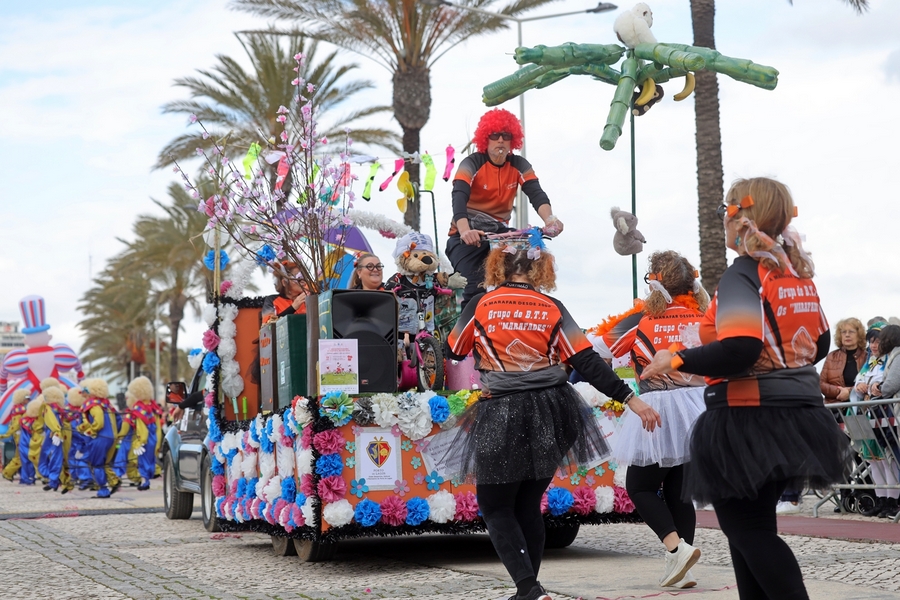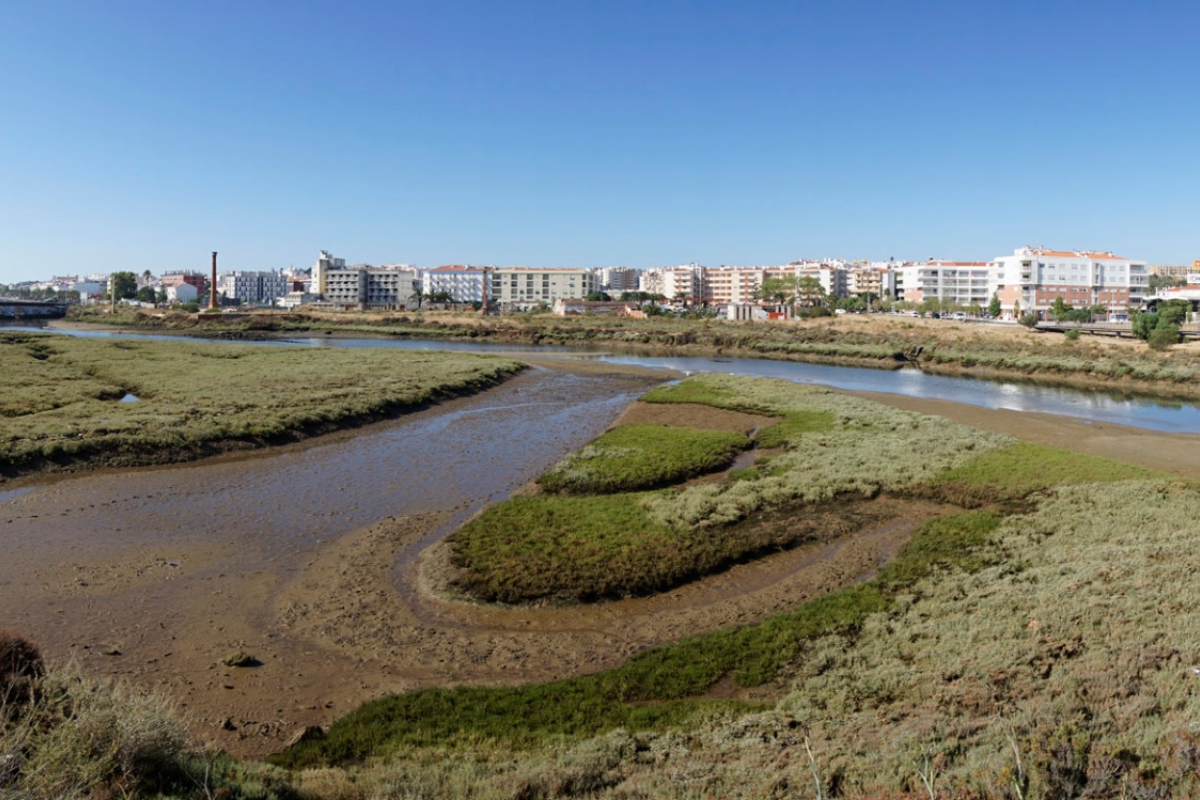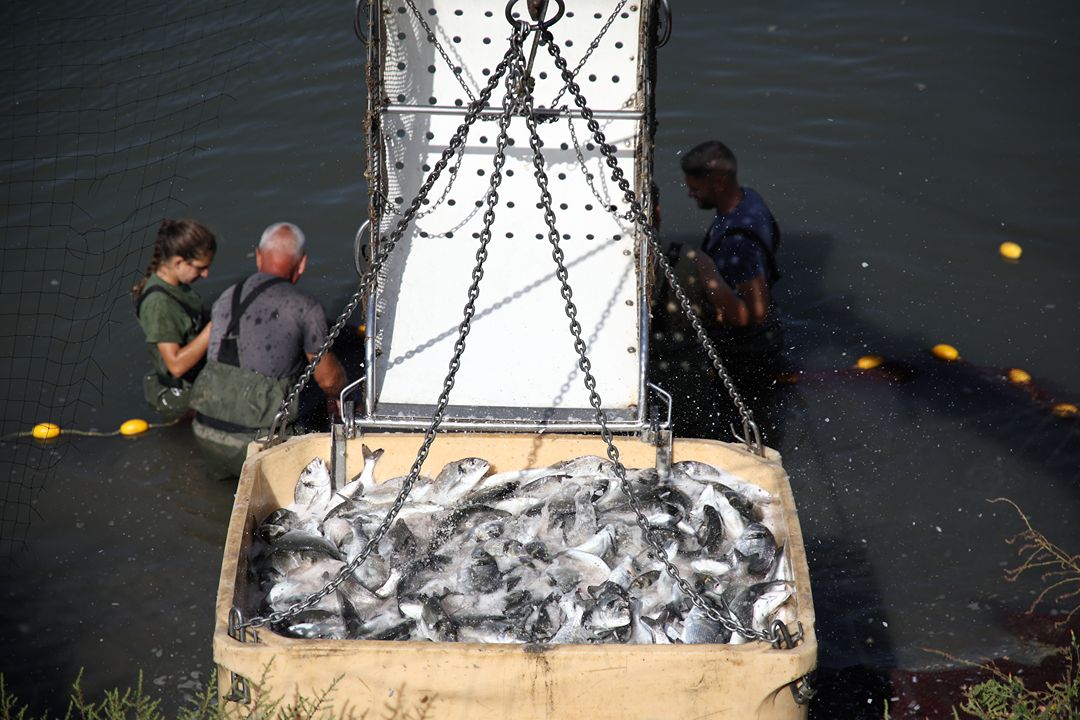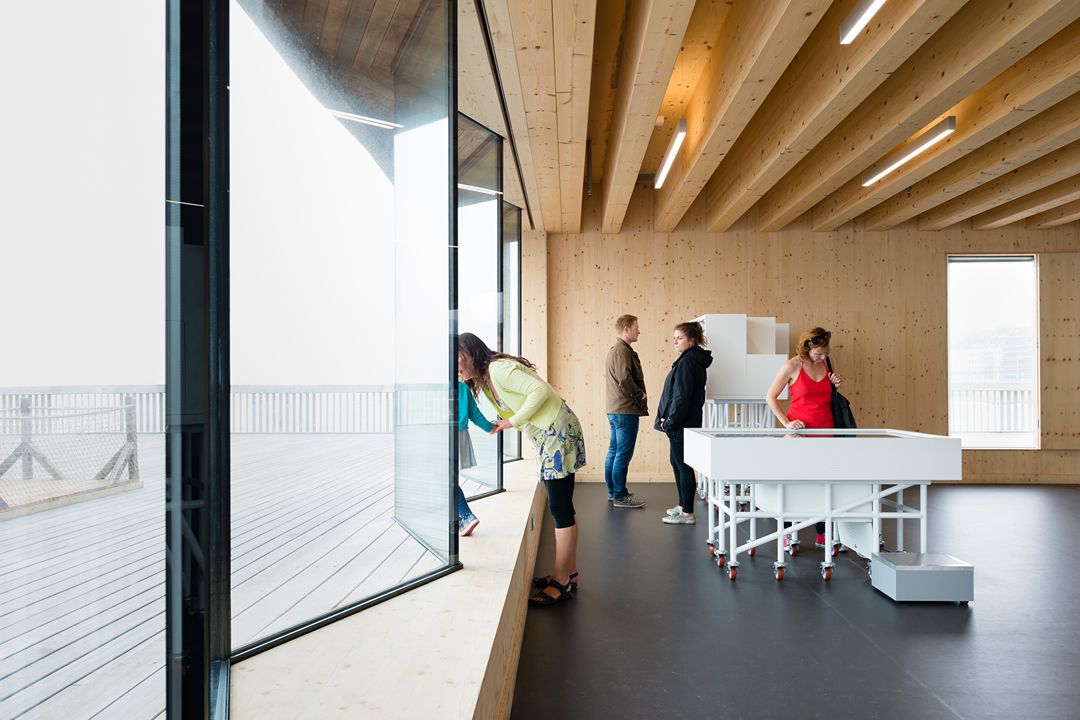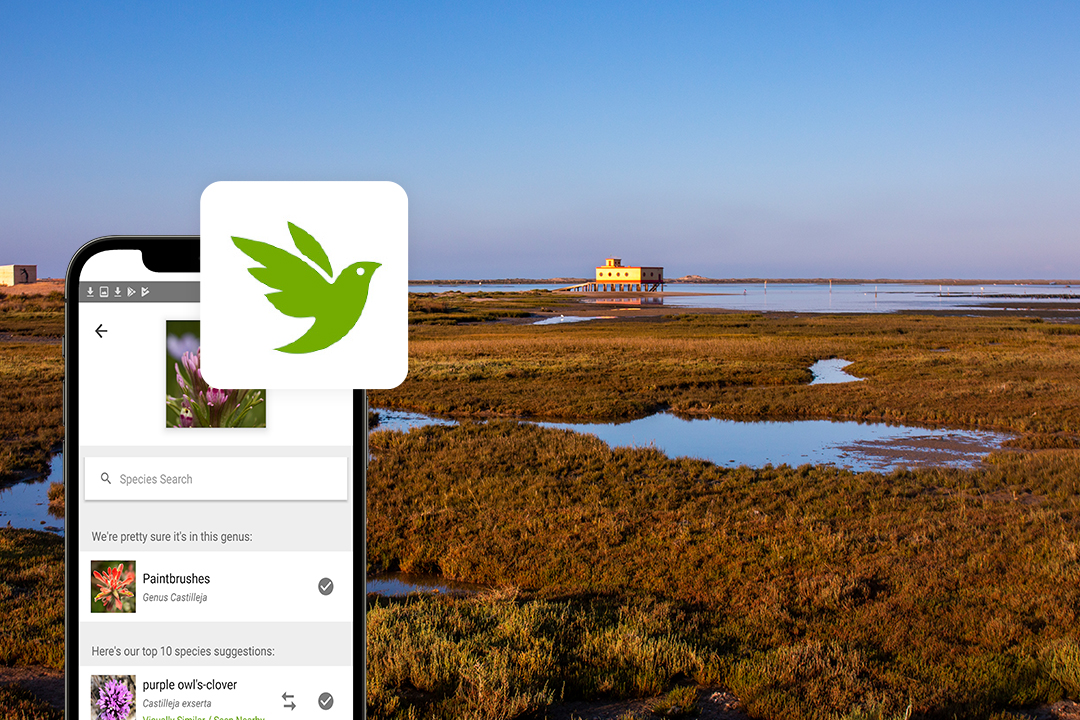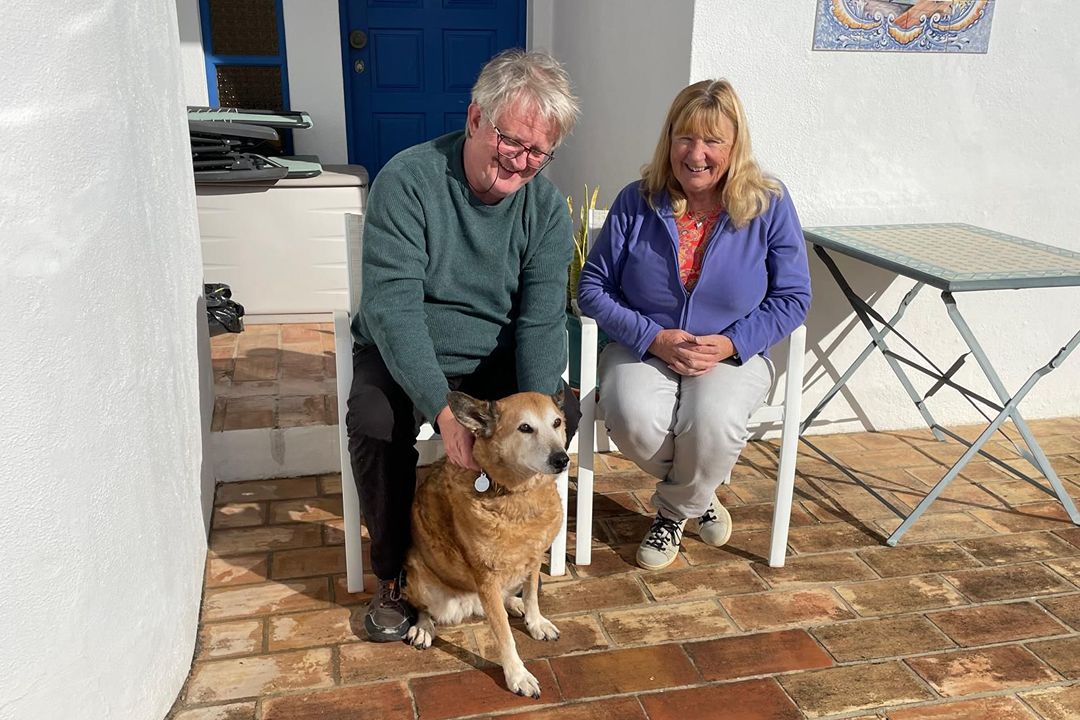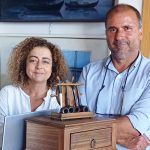“As Mulheres Corajosas” Who Made Portugal Great
Before the rise of the Roman Empire, the Iberian Peninsula was home to numerous Celtic tribes, featuring communities with a complex social organisation, notably in the location that would eventually be known as Portugal. There are many archaeological findings and accounts from later Roman historians that offer insights into the everyday lives of these people, including their women.

‘Ethnology of the Iberian Peninsula c. 200 BCE,’ based on the map by Portuguese archaeologist Luís Fraga da Silva
Celtic society was primarily organised around family ties and tribal connections. Women had a distinctive role, frequently experiencing greater independence and political sway. They were permitted to own land, inherit properties, and even attain leadership roles within their tribes. They could also hold priestly or warrior roles, fight alongside men, engage in traditionally male-dominated activities, such as crafting and trade, or even initiate divorce – a right not commonly granted in other ancient societies.
In Celtic times women might have also played an active role in religious polytheistic ceremonies, rituals and practices, serving as honoured priestesses. Celtic mythology included a few powerful goddesses, highlighting the significance of feminine facets in their belief system. Some of them were particularly important to Celtic women, being linked to fertility, motherhood and domestic life. A prominent example is the goddess Ataegina, associated with nature, fertility, healing and war; she was highly venerated in the region corresponding to modern-day Algarve and Lower Alentejo, and she was often represented with characteristics of both a deity and a warrior.
The arrival of the Romans in Portugal during the 2nd century BCE resulted in major transformations within the social and cultural landscapes. The introduction of Roman gods, traditions and laws, characterised by their patriarchal system, gradually replaced the pre-existing social structures, causing a decrease in the status of local women.
Nevertheless, it is important to note that these are just glimpses into the lives of women in pre-Roman Portugal. The available evidence is fragmented and open to interpretation, and women’s roles likely varied depending on their social class, region and specific cultural group. Although much is still unclear regarding the Cynetes people and their women, the existing proofs indicate a society with potential for deeper exploration to gain a more comprehensive understanding of this intriguing pre-Roman culture and the roles women held within it.
The High Priestess Ha’Arra
In this fictional extract, Dan Costinas imagines a scene from Celtic Portugal. There is some archaeological evidence of human sacrifice among Celtic peoples in Portugal, including priests and priestesses.
Ha’Arra, the high priestess of the tribe, suddenly felt the whole weight of fate upon her svelte shoulders. Reports of heavily armed Roman legions, advancing like a tide of iron and shiny steel, had reached the sacred grove. Their merciless gods threatened to crush her clan’s ancient ways within the span of two full moons. Retreat was not an option, and resistance would be pointless against the Roman war machine. A chilling sense of certainty gripped Ha’Arra: the only remaining way to ensure the survival of the tribe’s spirit was to conduct an ancient ritual, a blood offering to appease Ataegina, the Goddess of Spring and War, and to calm the spirits of the Cynetes ancestors, diverting their anger from her people.
The scent of myrrh and wild thyme hung heavy in the air, creating a soothing veil against the nearing twilight. Adorned in white, with her long hair falling gracefully down the back, Ha’Arra knelt before the altar, the cool stone pressing into her knees. Above her, the rough-hewn statue of Goddess Ataegina towered; carved in dark stone, her expression was both resolute and kind, seemingly possessing the knowledge of countless eras. As the moonlight enveloped them in a soft silver glow, Ha’Arra closed her blue eyes and gently lifted the golden short Celtic dagger. Then, without a word, she lowered the hand and the blade towards her heart – while the tribe’s druid chanted in the old tongue, his voice weaving a mournful tapestry, like a poignant mix of sorrow and wonder.
As if accepting the sacrifice, the sacred land, the statue, the wind and the entire universe sighed softly. As the priestess’ spirit rose towards the Otherland, she transformed into a guardian angel for her people, a testament to their unwavering faith and the power of sacrifice. Each member of the tribe felt a wave of peace washing over them, fostering a profound bond with both the heroine and the goddess they all revered. They instantly knew that Ataegina had listened to their pleas, and accepted the offering. The tribe was not alone anymore in confronting the impending danger.

